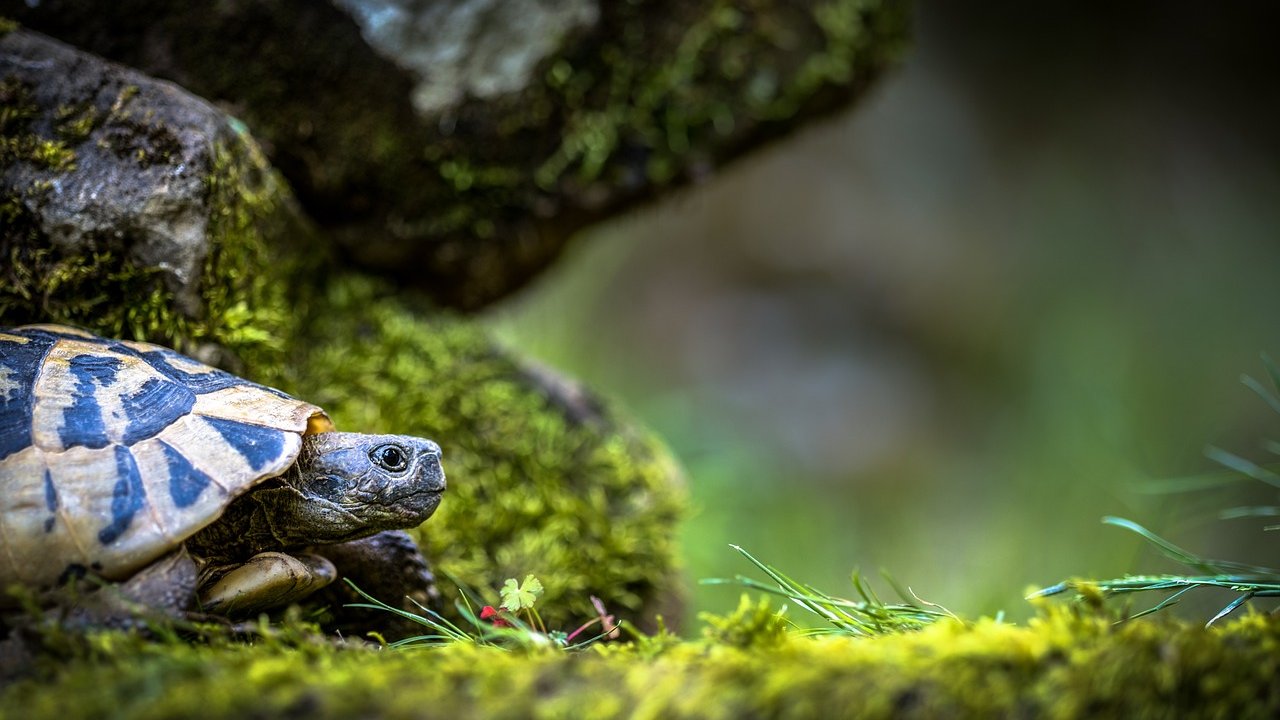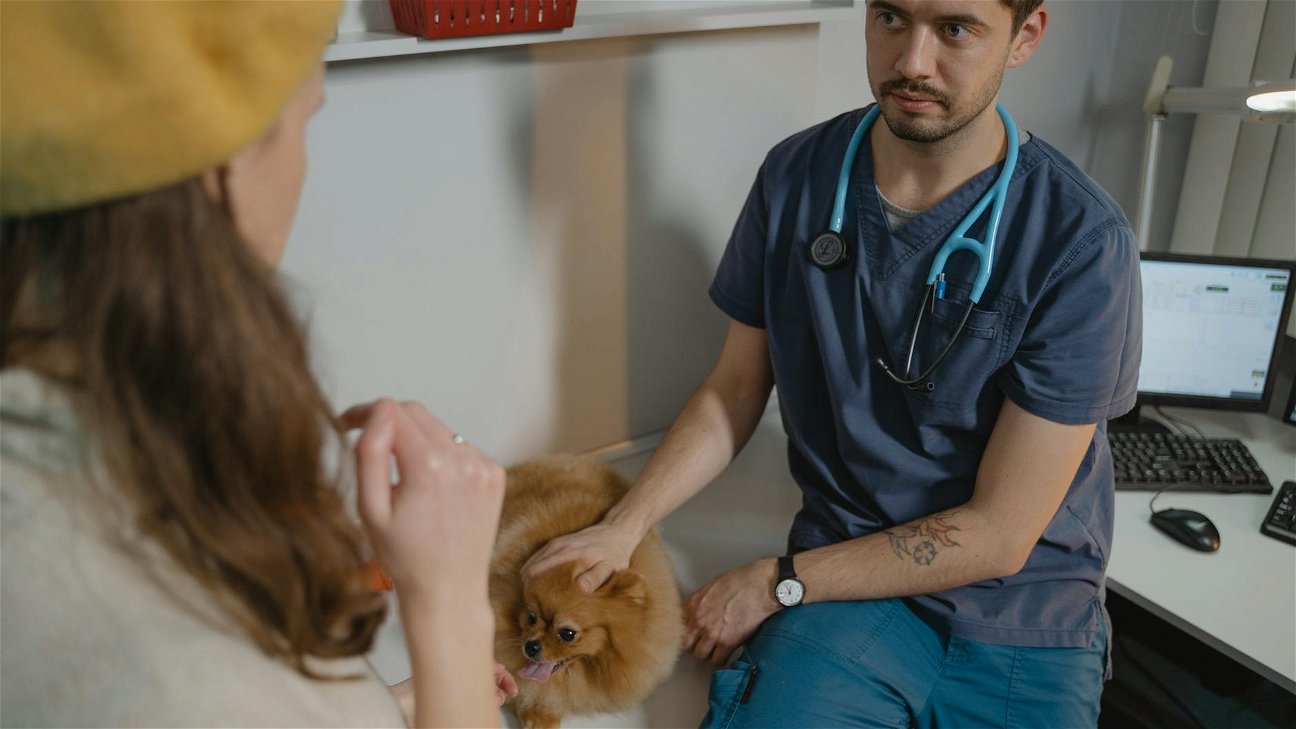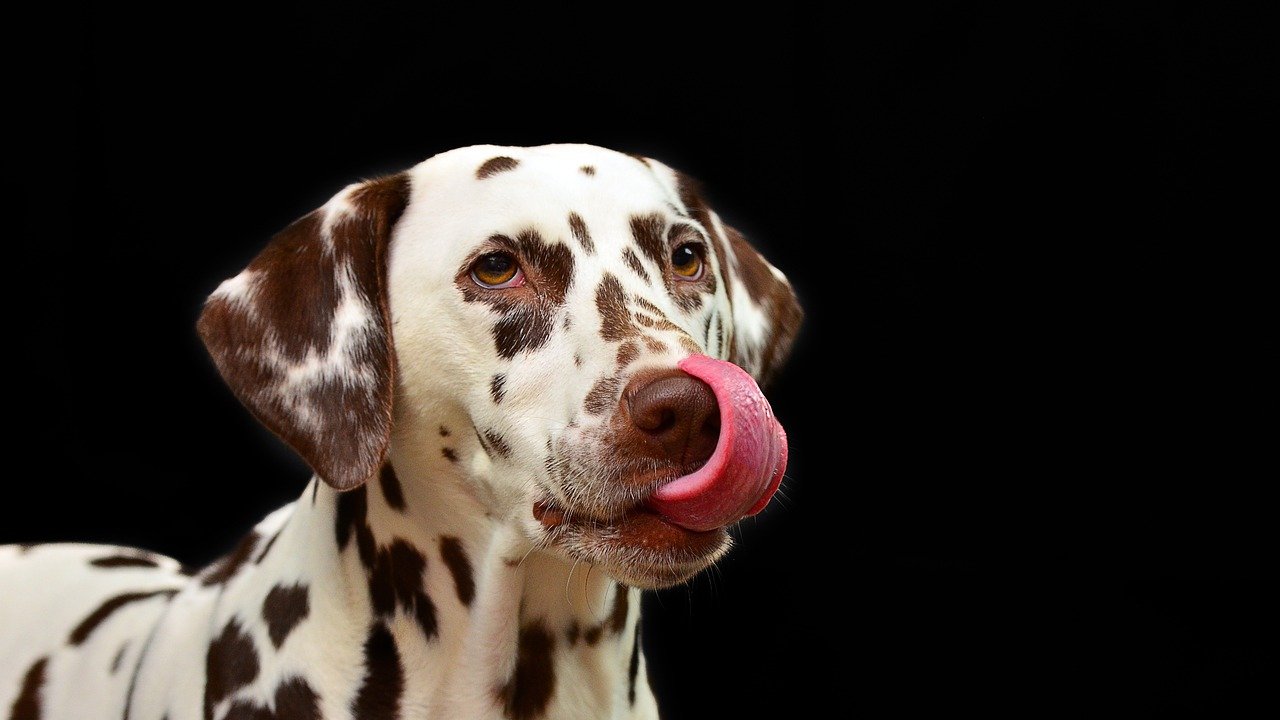
When it comes to feeding our furry friends, we all want to ensure they get the best nutrition possible. With the rise in popularity of vegan diets among humans, some pet owners consider shifting their pets to a vegan diet too. This has sparked various debates, leading to a number of myths surrounding vegan diets for pets. Let's debunk the top 3 of them here.
Myth 1: Pets can't be vegan
One common misconception is that pets, especially cats and dogs, can't survive or thrive on a vegan diet. While it's true that cats and dogs are naturally carnivorous, numerous studies and experiences have shown that with careful planning and supervision, a vegan diet can meet their nutritional needs. The key is to ensure they get enough protein, which can come from various plant-based sources like lentils, peas, and soybeans.
Myth 2: Vegan diets are always healthier for pets
Another myth is that vegan diets are always healthier for pets. Like any diet, a vegan one can be healthy or unhealthy depending on how it's implemented. A poorly planned vegan diet can lead to deficiencies in essential nutrients like taurine, L-carnitine, and certain vitamins, which can have serious health implications. Therefore, it's crucial to consult with a vet or a pet nutrition expert when considering a vegan diet for your pet.
Myth 3: It's cruel to put pets on a vegan diet
The last myth we'll address is that it's cruel to put pets on a vegan diet. This often stems from the idea that pets are being denied their natural carnivorous instincts. However, pets rely on us for their food and they don't choose their diet based on ethical or environmental considerations like humans might. As long as their nutritional needs are met and they are healthy and happy, the source of their nutrients doesn't necessarily matter.
Now that we've debunked these myths, let's touch on some important considerations if you're thinking about switching your pet to a vegan diet.
Important Considerations
Before switching your pet to a vegan diet, there are a few important things to keep in mind.
-
Consult with a vet: Your vet can provide guidance on the nutritional needs of your pet and advise on whether a vegan diet would be suitable.
-
Monitor your pet's health closely: Regular check-ups and blood tests can help detect any potential health issues early on.
-
Consider alternatives: If a vegan diet isn't suitable for your pet, there are other ways to minimize their environmental pawprint, such as opting for sustainably sourced pet food.
To conclude, it's possible for pets to be on a vegan diet, but it should be done with proper planning and consultation. Debunking these myths helps us approach the topic with an open mind and make the best decision for our beloved companions.











